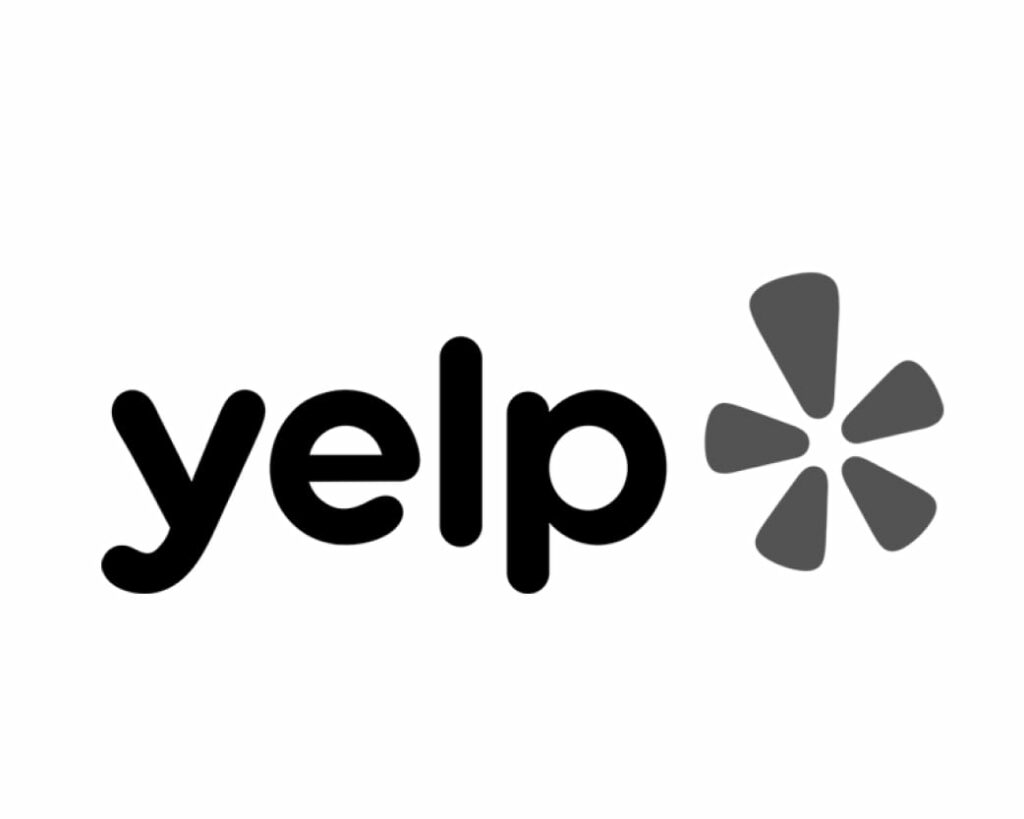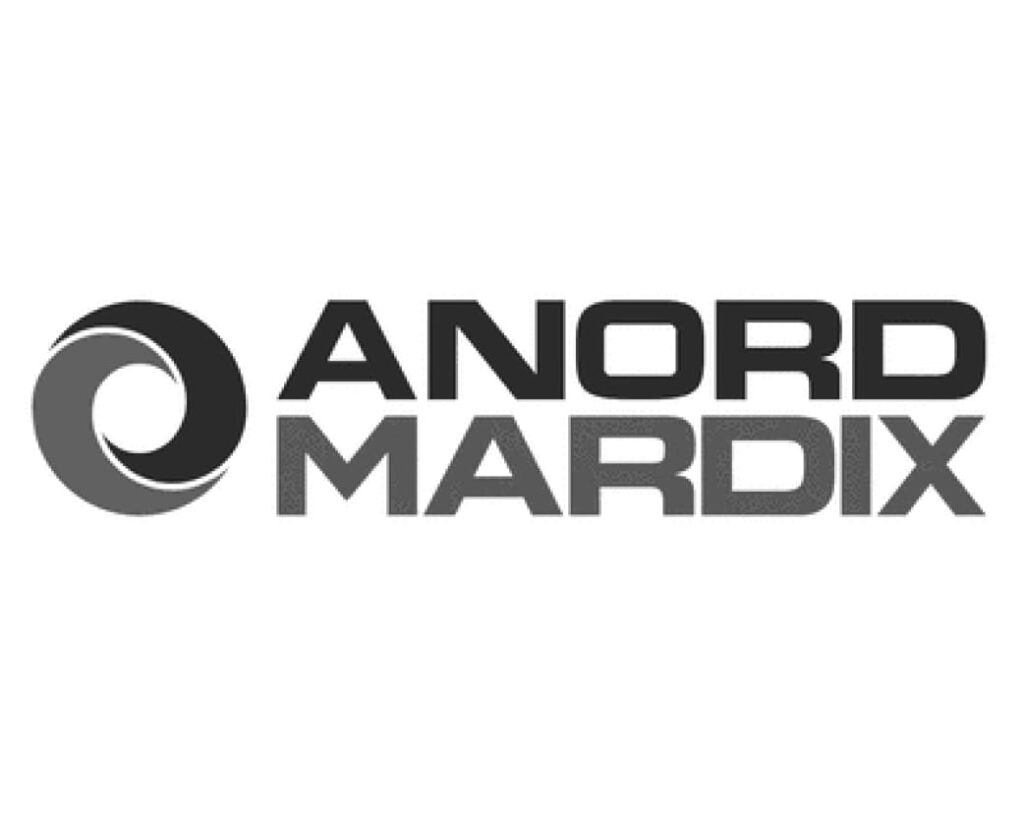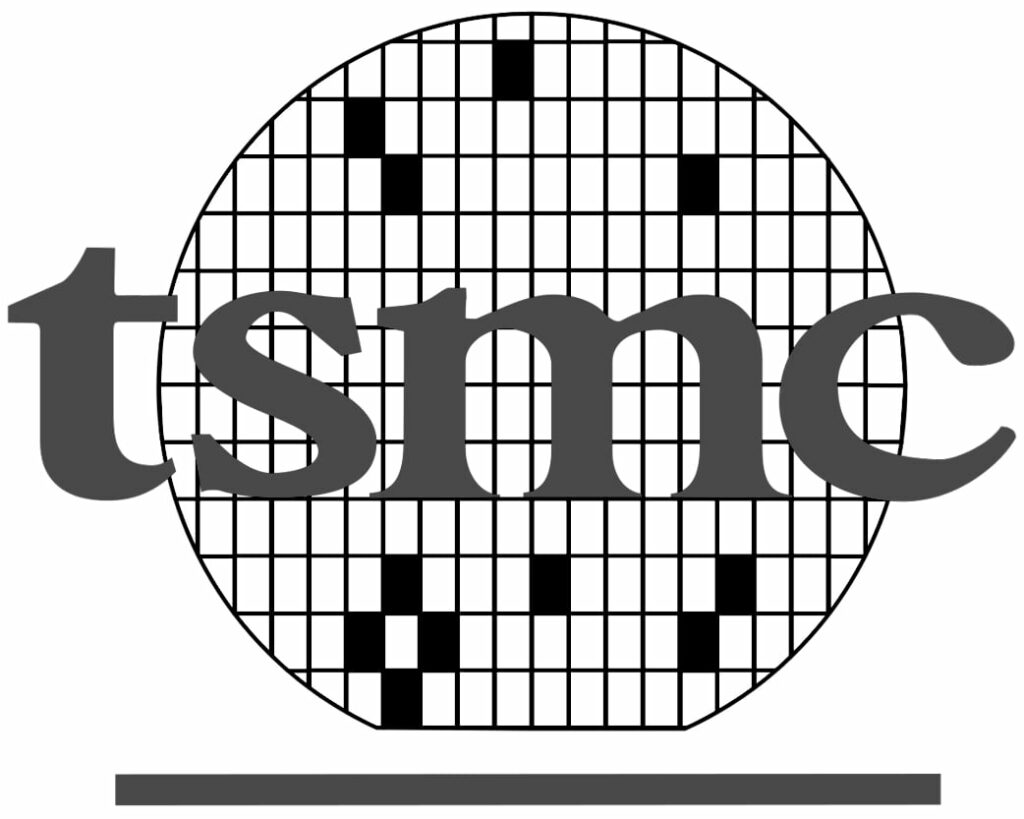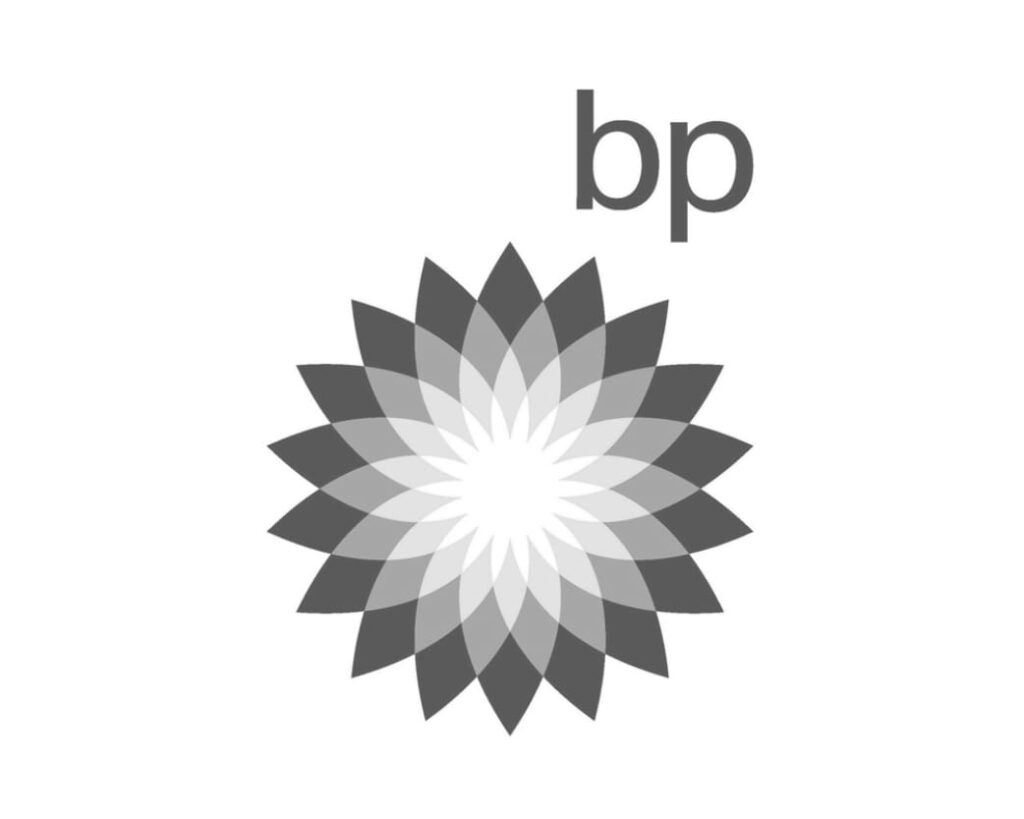Who are my customers?
Keep your friends close, your clients closer.
Knowing your customer is a vital, and often, pleasant task. When getting to know your clients, you’re not just strengthening the bonds that tie them to your business and keeping them buying. You’re also getting the most valuable insight there is on how to get more customers and grow your business rapidly.
Learn why your customers buy from you.
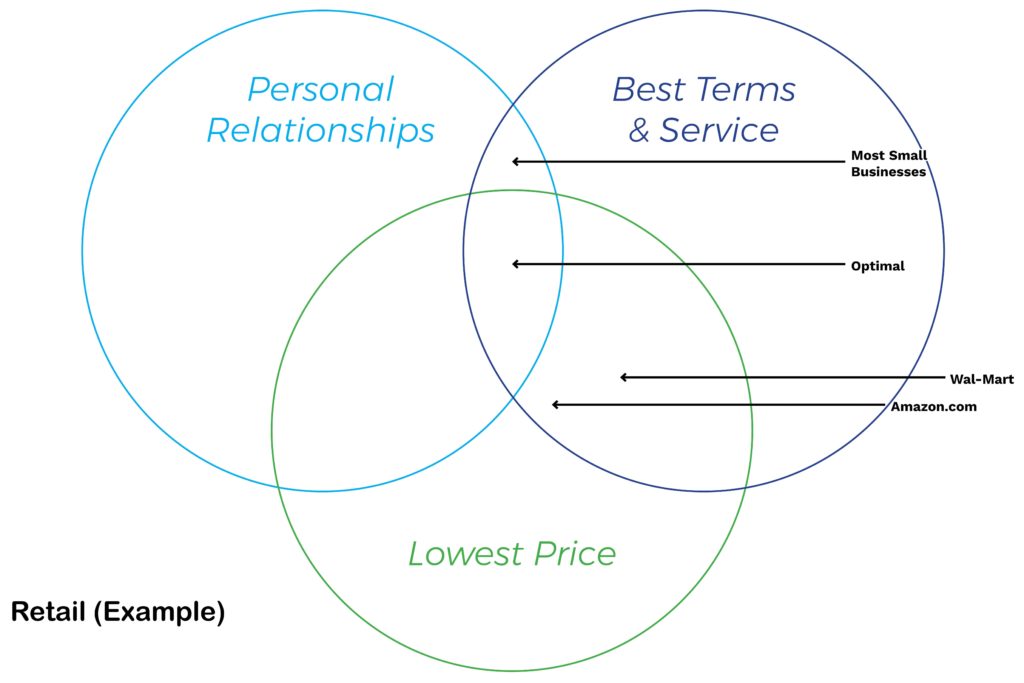
The most important question to ask is why your customers are buying from you. Even if you sell services and not physical products it’s still important to discover how you’ve come to be their source.
-
First, start by analyzing what you’re clients are buying. If you’ve been keeping good invoicing records in a program like Quickbooks then this should be a fairly easy task. If you’re not quite that organized, then manually review all your requests you’ve received for the past month or quarter. Discover what your two or three most popular offerings are.
-
Now take a quick look at your marketing behaviors for those offerings. What is the appeal to the way your products have been advertised?
- Is it all repeat work from existing clients? You must inspire some loyalty, but why isn’t your clientele referring you to their friends and family more? Loyalty often shows in the number and quality of referrals.
- Is it lots of repeat customers with the occasional new client? Then it’s likely coming from referrals. For certain industries and business owners this is the preference, however there is more revenue out there for those who wish to advertise.
- Are you experiencing mostly new orders with the occasional repeat client? If so then either you’re in a high-volume field with lots of referrals, or you’re doing some active advertising that is working. You’ll need to ask yourself (or your customers) what you can do to encourage more loyalty and referrals.
-
What is the value you’re giving your customer? Be honest with yourself and find the answers to the following questions:
- Could my clients find my products or services cheaper elsewhere?
- Do my customers generally know where my costs fall in relation to my competitors, or are they mostly ignorant of the market value?
- Are my goods or services of superior quality than many of my competitors, and are my customers aware of this?
- Am I more responsive than my competition, making myself or my staff more accessible to my clients and perspective clients?
- Do I fulfill my customers needs faster than my competition?
Learn what more you can offer your clients.
What more can you offer your clients? You can properly deduce this by analyzing your answers to item 3 above. For example:
Q: Could my clients find my products or services cheaper elsewhere?
If you answered yes, as many small business people do, then is it because your clients just don’t know that there are cheaper options out there? If your clientele know that they could get the same goods or services for cheaper elsewhere then you must be doing something very right.
- Is it your own positive personality, responsible demeanor, past work and experience or unique outlook?
- Could it be that you’re bundling relevant products or services together to create more value?
- Do your clients view you as a trusted consultant, adviser, or even friend?
Continue to consider your answers to the other questions above and you will quickly start to realize more about how your customers view you. From there, you’ll be able to tell any weak spots in your business, personality, or offerings that you might be able to improve upon. This whole exercise is to help you determine how you can improve.
Discover what your customers have in common.
By now you may already have a better idea of what your customers have in common. However, don’t forget that primarily your job likely requires you to address your customer’s needs individually, and view each one as unique. In other words, you’ve been required to spot their differences day-in and day-out.
You may think that why your customers buy from you, or how your clients buy from you is the only thing they all have in common. But it’s probably not. There is something, almost guaranteed, that your clients all share, than everyone is unaware of. Discovering this hidden similarity might make all the difference to offering better value to your clients.
For example; suppose that John works at a men’s clothing store. John sells suits.
- Anyone can tell you that the vast majority, if not all, of John’s clientele will have a few things in common: They will be men, they will want suits, and they will have weddings or other important events to attend or partake in.
- Then anyone could tell you where things start to diverge: Some will be businessmen or executives, some will have religious duties, and some will have families. That list can go on much longer, however it is easy to tell that John’s customers will still be combined into fairly large groups.
- And then there’s things that one would really have to be observant to discover: John notices that all his customers have pets. John thinks it’s strange how many of his clients mention that he reminds them of their brother. John’s been told by several of his clients how much they enjoy the process of having their fitting measured and reviewing the options.
It’s up to you to discover all these unique differences and similarities of your customer base. Not all information can be correlated to relevant marketing data, but by learning more about your clients, you’ll strengthen the bonds that tie your customer to your business.




